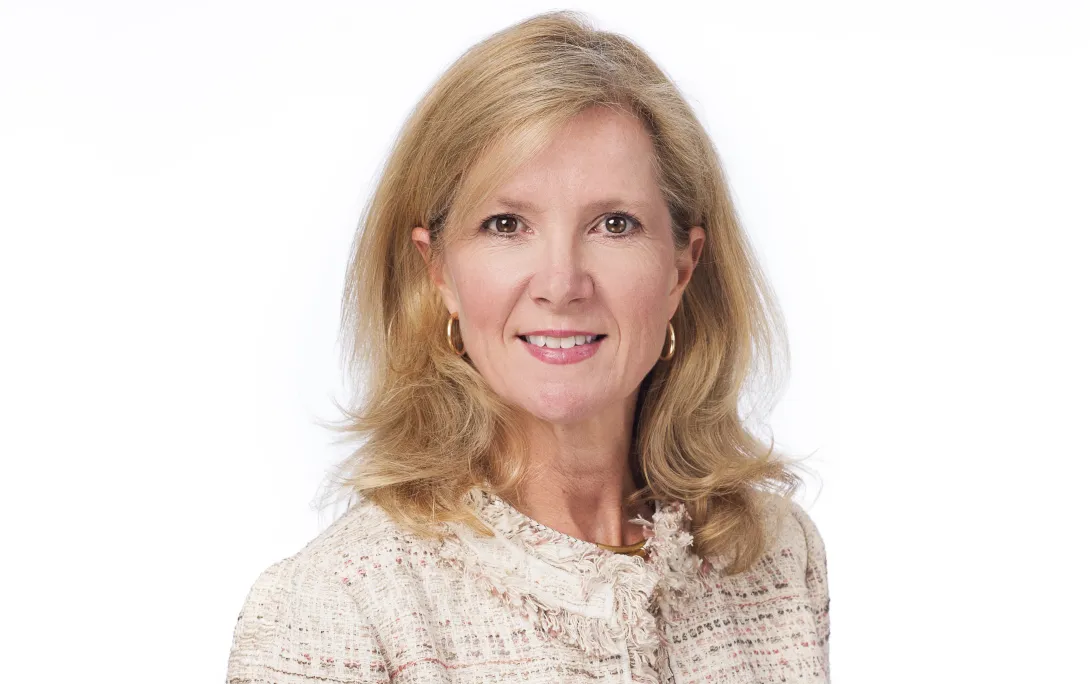
Kristin Ficery is Accenture's Global Health and Public Service Strategy lead.
Photo: Courtesy of Accenture
Providers are turning to partners, vendors and outsourcing to ease financial challenges, including those expected from the One Big Beautiful Bill Act.
Providers are concerned over the loss of federal Medicaid funding from the bill and what this means for uncompensated care. There are also questions over the continuation of the provider tax and the potential for the lack of that source of revenue to hurt budgets, according to Kristin Ficery, Accenture's Global Health and Public Service Strategy lead.
Tightening the belt with the same old optimization methods is no longer having the same impact, Ficery said.
An Accenture client, the CEO of a large health system, told her that he feels like he’s going on the same diet every 5-10 years, Ficery said.
Optimizing efforts have near-term benefits, but health systems need structural change, Ficery said.
Accenture, which offers consulting and digital strategies, recently released a study on 46 large healthcare providers and found that net productivity is actually declining because optimization efforts are no longer working.
Less than 50% of health provider CFOs surveyed in the report said cost optimization efforts have resulted in sustainable value over the long term, she said.
The survey revealed zero productivity increase over the last six years. Productivity declined 7.6% from 2018 to 2023, according to the report.
Seventy-three percent saw automation as a core solution for their financial and human capacity challenges.
Partnerships, vendors and outsourcing are seen as ways to advance technologies such as artificial intelligence to reduce time-consuming administrative tasks.
More executives have at least had a conversation about outsourcing some functions, such as revenue cycle, Ficery said.
"What they really want is to invest in the front of the house, expanding staff and services," she said.
They're looking at pre-procedural administration functions with patients to be done by agentic AI.
Outsourcing, partnerships and the use of vendors free up both time and cash, she said. One executive of a top 10 system said that had they not done this, they wouldn't have been able to make other investments.
What executives are looking for, Fiery said, is human-plus-machine.
Fully leveraging AI is one step toward improvement, she said.
Transforming costs, improving effectiveness and fully leveraging AI could increase provider margins by five to six times over the next decade, Accenture predicts.
"We're seeing our providers think about resourcing differently," she said. “The partnership model is really important because the ability of providers to do these things in-house is challenging."
Email the writer: SMorse@himss.org